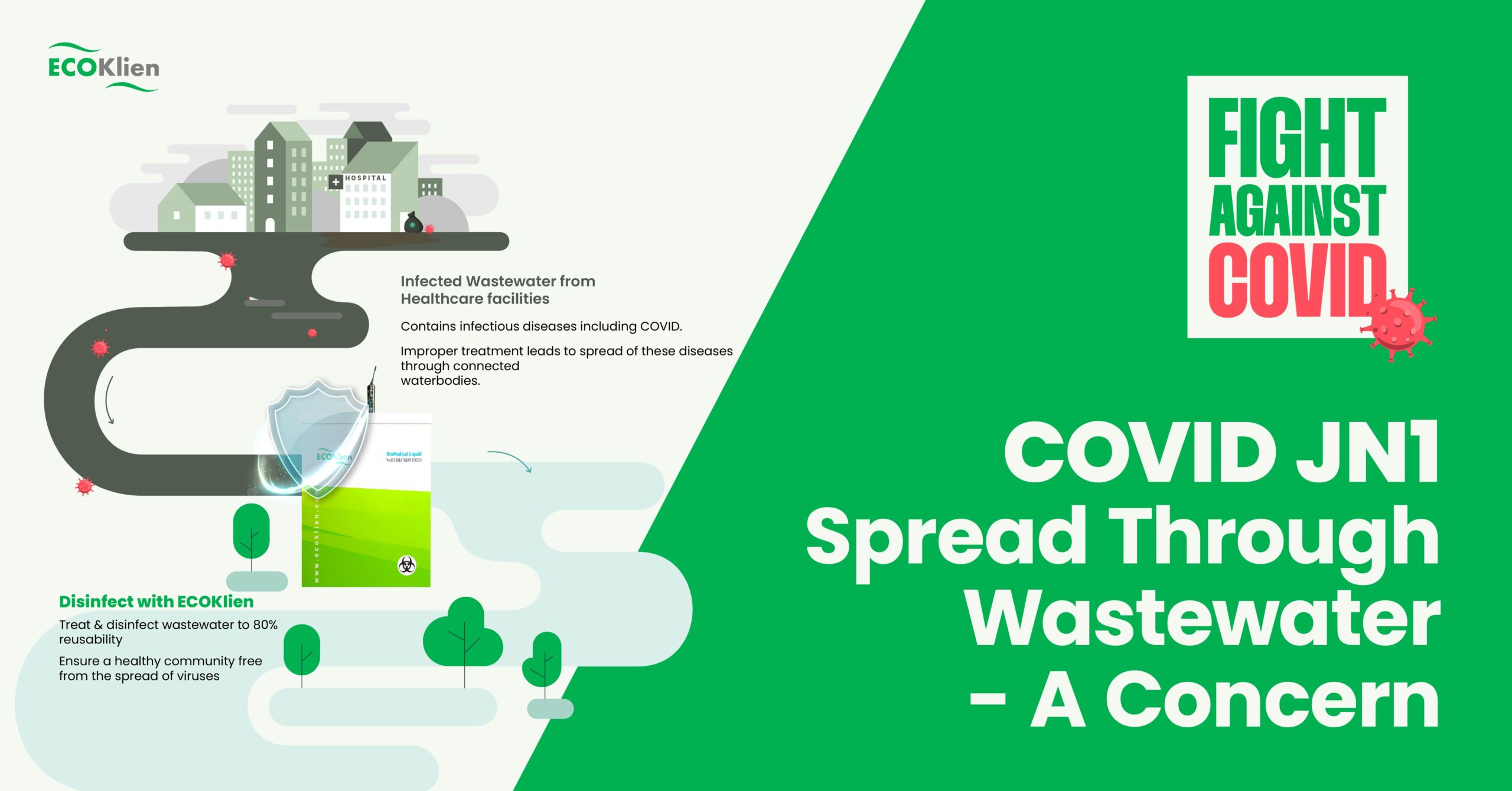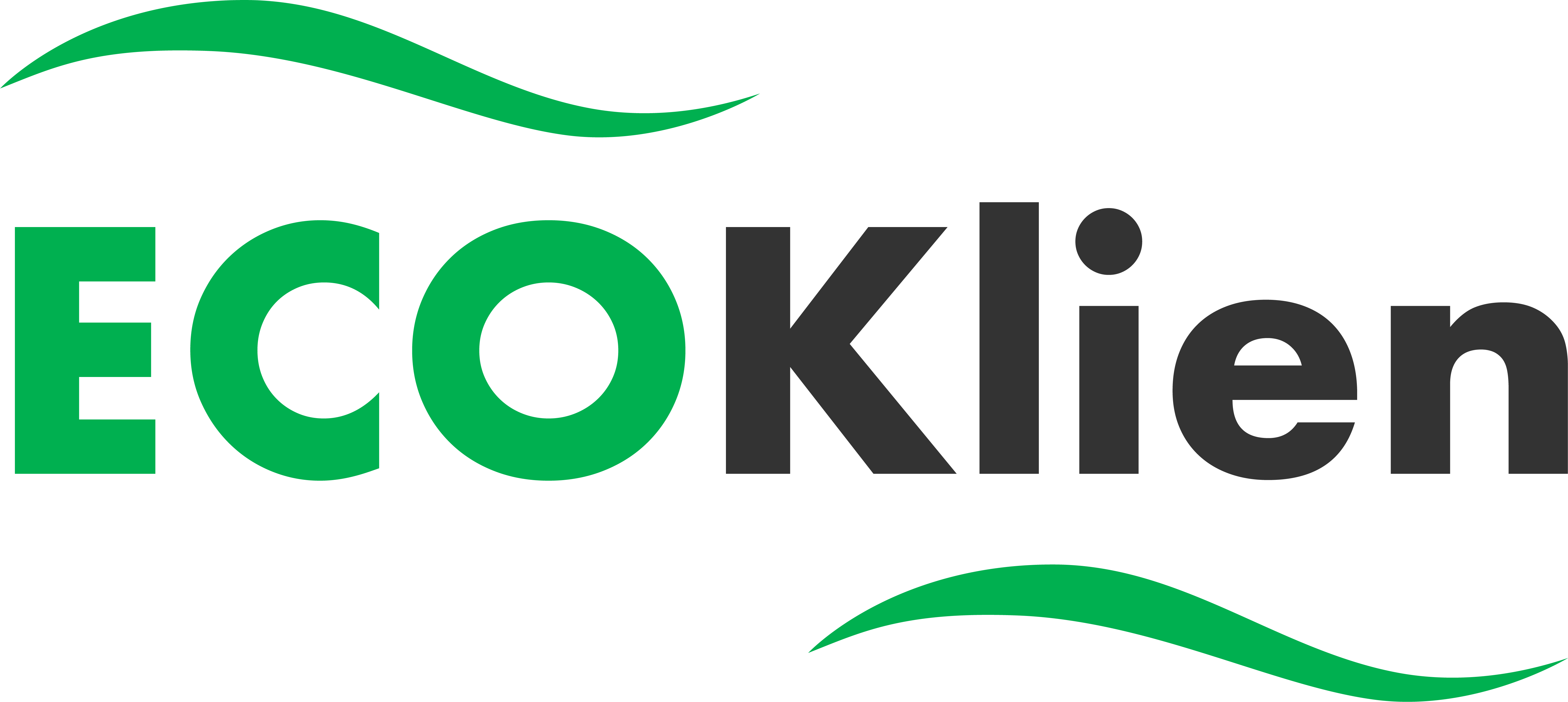
The COVID virus is one that is constantly changing and evolving since the pandemic in 2019. However, a new variant is on the rise – JN1. In September 2023, JN1 appeared as a descendent of Omicron, and since the end of 2023, deaths, hospitalizations, and cases have jumped significantly. JN1 has been noticed to be more contagious than any other COVID strains so far. (Could it be Hospital Wastewater?)
The Latest COVID Updates
New York saw a 48% increase in hospitalized cases last week since Christmas. India reports increasing numbers of daily cases and deaths due to COVID. The number of new COVID-19 hospitalizations in Georgia is surging after the holidays, reaching levels not seen in nearly a year. The World Health Organisation has officially classified JN1 as a variant of interest.
COVID in Hospital Wastewater
Wastewater is commonly tested to detect traces of infectious diseases circulating in a community, even if people don’t have symptoms. The JN1 variant was detected in wastewater in various countries, suggesting the possibility of the virus moving from the lungs to the gastrointestinal system, leading to the presence of the virus in sewage. Wastewater viral levels, in particular, have increased rapidly in recent weeks, with COVID-19 presence estimated to be higher than it was a year ago.
However, as important as wastewater is for monitoring the spread of infection, it is also important that it be monitored carefully. The same wastewater can be the reason for the revival of said infection.
Hospitals and healthcare facilities put their all to cure patients affected with COVID. It is also their duty to ensure that the infectious wastewater from their facility is disinfected before discharge. If not, water bodies are infected, affecting the communities living along these water bodies with the virus, and the additional possibility of antimicrobial resistance.
A Liquid Waste Treatment Solution
While infectious waste treatment seems daunting, ECOKlien provides a hassle free solution that not only disinfects the liquid waste, but also treats it to 80% reusability. Our chemical free, microbe free and fully automated process ensures risk free handling and management of biomedical liquid waste. Talk to us to know more and take a step towards a healthier community.
